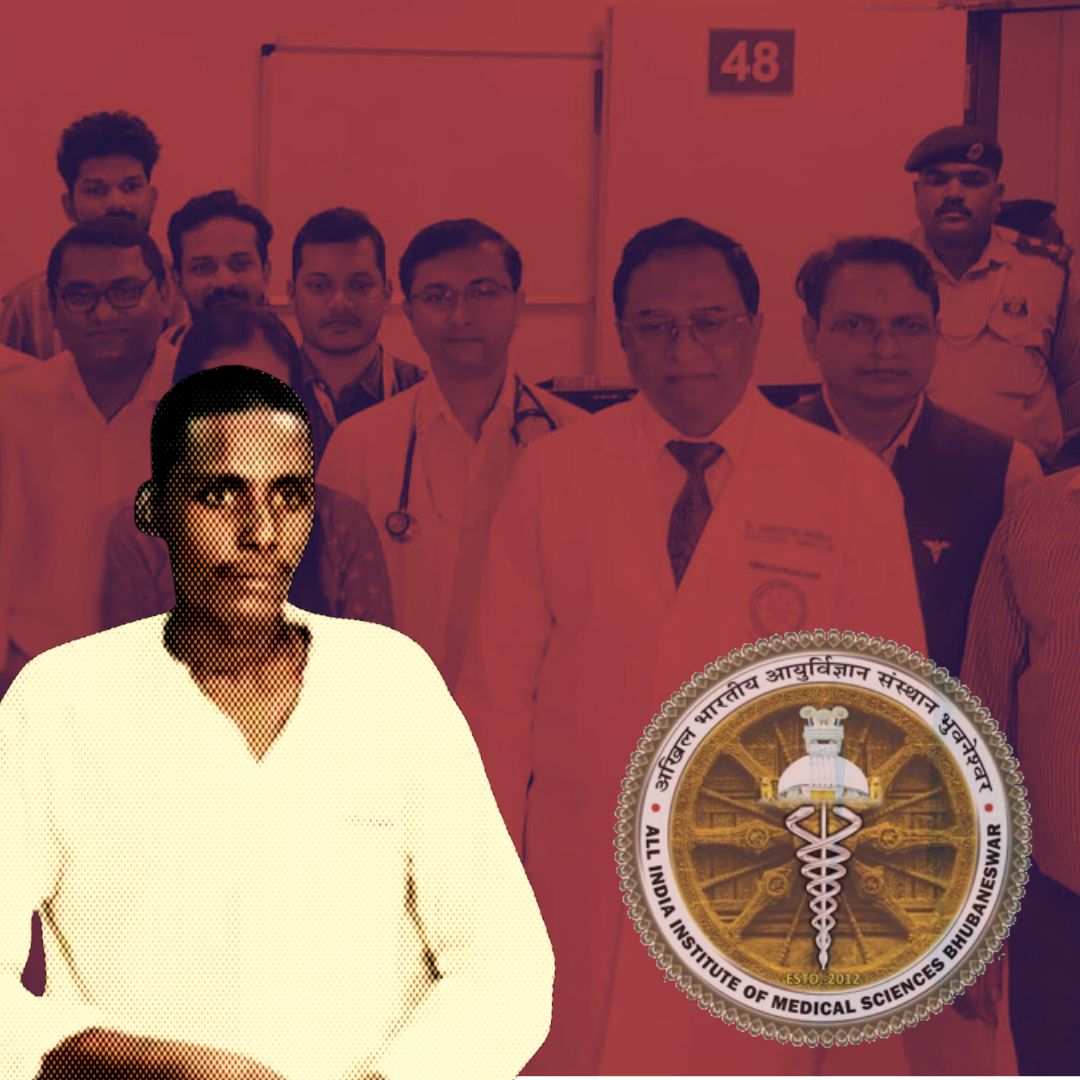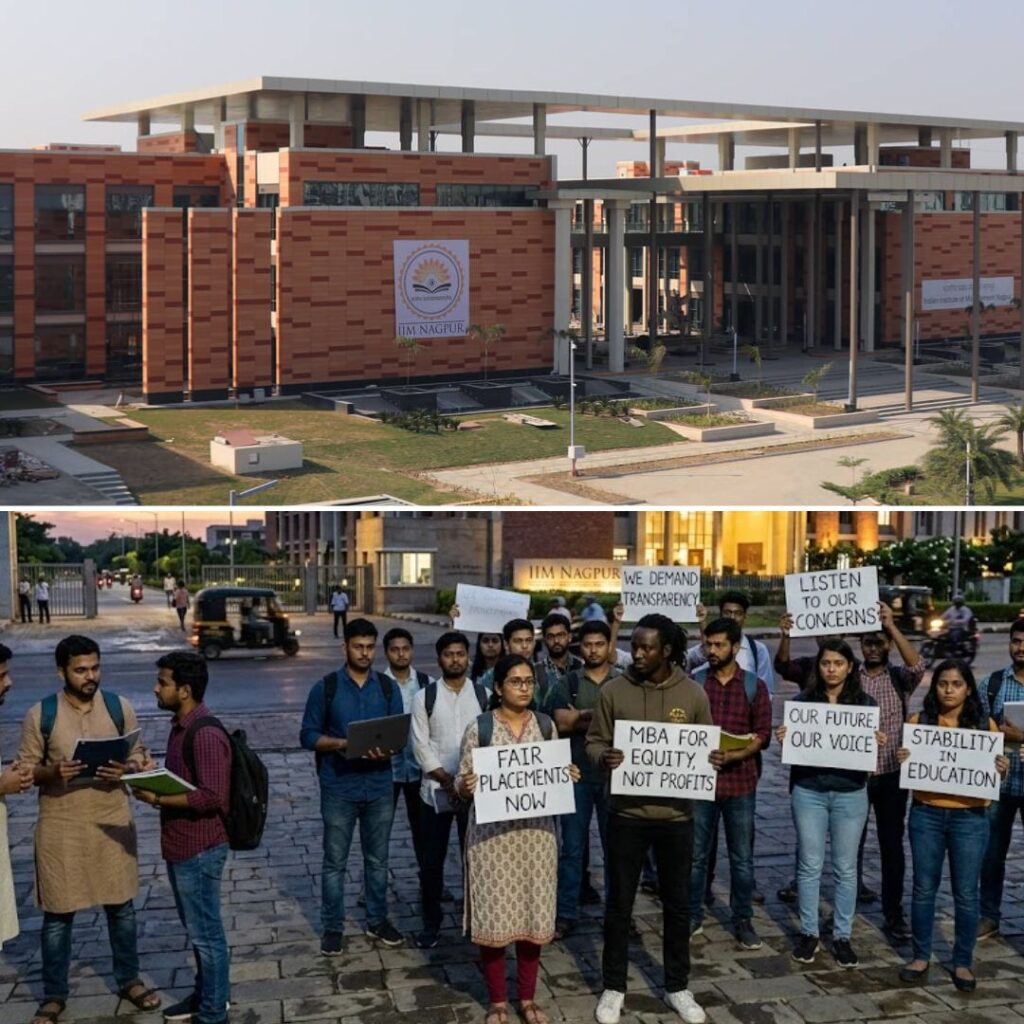Doctors at AIIMS Bhubaneswar successfully revived 24-year-old Subhakant Sahu after his heart stopped for nearly two hours, using the advanced Extracorporeal Cardio-Pulmonary Resuscitation (eCPR) procedure. The incident occurred on October 1, when Subhakant arrived in critical condition and suffered a cardiac arrest. Despite initial unsuccessful CPR efforts, the medical team, led by Dr. Srikant Behera, decided to employ eCPR, ultimately restoring his heartbeat. His family expressed profound gratitude for the team’s dedication and expertise.
A Remarkable Medical Feat
Subhakant was referred to AIIMS Bhubaneswar on October 1 due to heart failure. After experiencing a cardiac arrest shortly after admission, he underwent 40 minutes of conventional CPR without success. The medical team faced a pivotal decision: to declare death or attempt the innovative eCPR procedure. Led by Dr. Srikant Behera, they initiated Extracorporeal Membrane Oxygenation (ECMO) after 80 minutes, successfully reviving Subhakant’s heartbeat after an additional 40 minutes. His mother expressed her heartfelt gratitude, stating, “I cannot thank AIIMS Bhubaneswar enough for giving my son a second chance at life.”
Innovative Techniques in Action
This groundbreaking case marks the first successful application of eCPR in Odisha, highlighting the hospital’s commitment to integrating advanced technology in healthcare. eCPR combines traditional CPR with ECMO to provide critical support during severe cardiac failure. After being weaned off ECMO following 96 hours of treatment, Subhakant’s heart function improved significantly, showcasing the effectiveness of this life-saving intervention. Dr. Ashutosh Biswas commended the team’s efforts, noting that this success reaffirms AIIMS Bhubaneswar’s dedication to medical innovation.
The Logical Indian’s Perspective
This extraordinary achievement exemplifies how cutting-edge medical practices can transform lives and instill hope in critical situations. It reflects our belief that continuous advancements in healthcare are essential for saving lives and enhancing patient outcomes. How can we further advocate for such innovations to ensure that more individuals receive timely and effective medical care?













